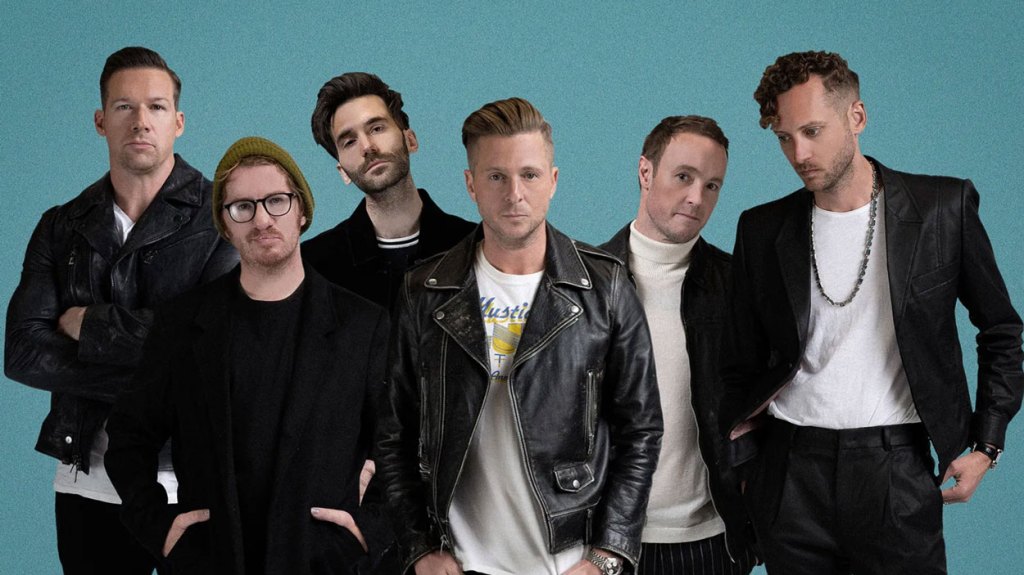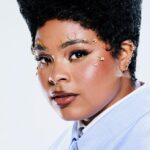JKBX, the music investment platform backed by Spotify and Red Light Management, said on Tuesday (June 25) that returns on more than half of the songs for investment on the platform saw significant increases in 2023. This is proof, say the startup executives, that if it makes dollars, it makes sense.
Pronounced “jukebox,” JKBX's first offering was regulated by the U.S. Securities and Exchange Commission in March, giving average Joe investors the chance to buy royalty shares that make money when songs like Adele's “Rumour Has It” or “Welcome to New York” by Taylor Swift “play.
Ten of the 85 songs in JKBX's initial offering generated returns of 5% to 9.6% in 2023, while total revenue for songs on the list grew 3.9% in 2023 compared to 2022, the company said. While investors receive dividends based only on the income JKBX has received since April 1, which excludes most of the reported 2023 revenue, the rise in yields gives investors tangible returns, JKBX executives say.
The highest-grossing song through 2023 was OneRepublic's “Counting Stars,” which brought in a total of $376,750 from the songwriter's share of songwriting rights and the producer's share of recording rights. This results in a 5.5% return per royalty share for composition and a 6.98% return per royalty share for recording rights.
Another OneRepublic song, “If I Lose Myself,” along with Birdy's “Wings,” were among the songs with the highest royalty-per-share returns in 2023, at 9.66% and 7.71%, respectively . When the company started, executives estimated investor returns of around 3.5%.
The top 10 songs to buy royalties for include Beyoncé's 'Halo', Ellie Goulding's 'Burn' and 'Lean On' performed by Major Lazer, MØ and DJ Snake among others. The company declined to say what percentage of rights shares in the initial offering have been sold.
JKBX is quick to caution that future returns are not guaranteed. Estimated returns are based on the last 12 months' income and “fluctuations in income are expected over the copyright life of the asset,” the company says.
Institutional investors such as insurance companies and pension funds have driven recent demand for music asset investments because returns on music rights are typically resilient during broader market downturns and the asset class offers low-risk returns compared to other alternative assets.
Institutional investors, private equity and high-net-worth individuals have poured billions into acquiring direct stakes in catalogs or backing companies that do, or buying titles backed by catalogs owned by music companies such as Concord, Kobalt and Chord .
JKBX was founded in 2022 with the goal of bringing retail investors into the asset class by offering a cheaper way to invest in SEC-regulated music. It was officially launched in March.
“JKBX enables people to invest in music as a controlled security by combining investment fundamentals with true passion,” JKBX CEO Scott Cohen he said in a statement. “I think the fans who helped make these songs successful should also have the opportunity to share in the wealth.”



